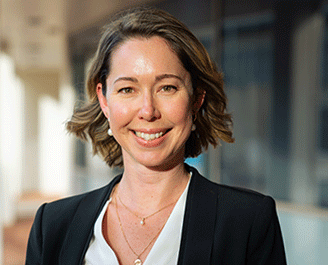Ensuring everyone has access to healthy, affordable food, is essential for good health.
It is known as ‘food security’ – which unfortunately can be challenging for many people to achieve, particularly those in regional areas.
Other countries have improved food security by implementing Food Action Groups, an approach Edith Cowan University (ECU) hopes to pioneer in regional Western Australia.
ECU’s new Food Action Group’s research project aims to explore how food moves from farm to mouth and identify which parts of this pathway can be improved.
The team will be conducting community and stakeholder discussion forums on Friday April 28 at the John Higgins Community Centre, Narrogin.
Participants will be invited to share their thoughts on food issues within the Wheatbelt and suggest ideas on how to improve them.
They can also offer insights into how people co-create actionable solutions for food access problems in the region.
During this session, the ECU team will share how other countries are supporting collaborative food solutions through Food Action Groups.
These groups bring together stakeholders from government, agriculture, social services, economic development, public health, hunger relief organisations and advocacy organisations to identify issues and facilitate effective solutions across the food system.
ECU recently conducted a Systematic Scoping Review demonstrating Food Action Groups positively impact local food systems around the world by focusing on improving food system equity, increasing knowledge and/or demand for and access to healthy food, and supporting environmental sustainability, food system resiliency and economic development.
No such Food Action Group model exists in regional Western Australia - a clear gap which presents an opportunity for innovation.
As such, focus group participants will also be asked if they believe an approach such as this could work in the Wheatbelt - and if so, which stakeholders should be involved.
If you would like more information or RSVP to attend the focus group, please email Jess Doe, at j.doe@ecu.edu.au
 Access to healthy foods.
Access to healthy foods.



